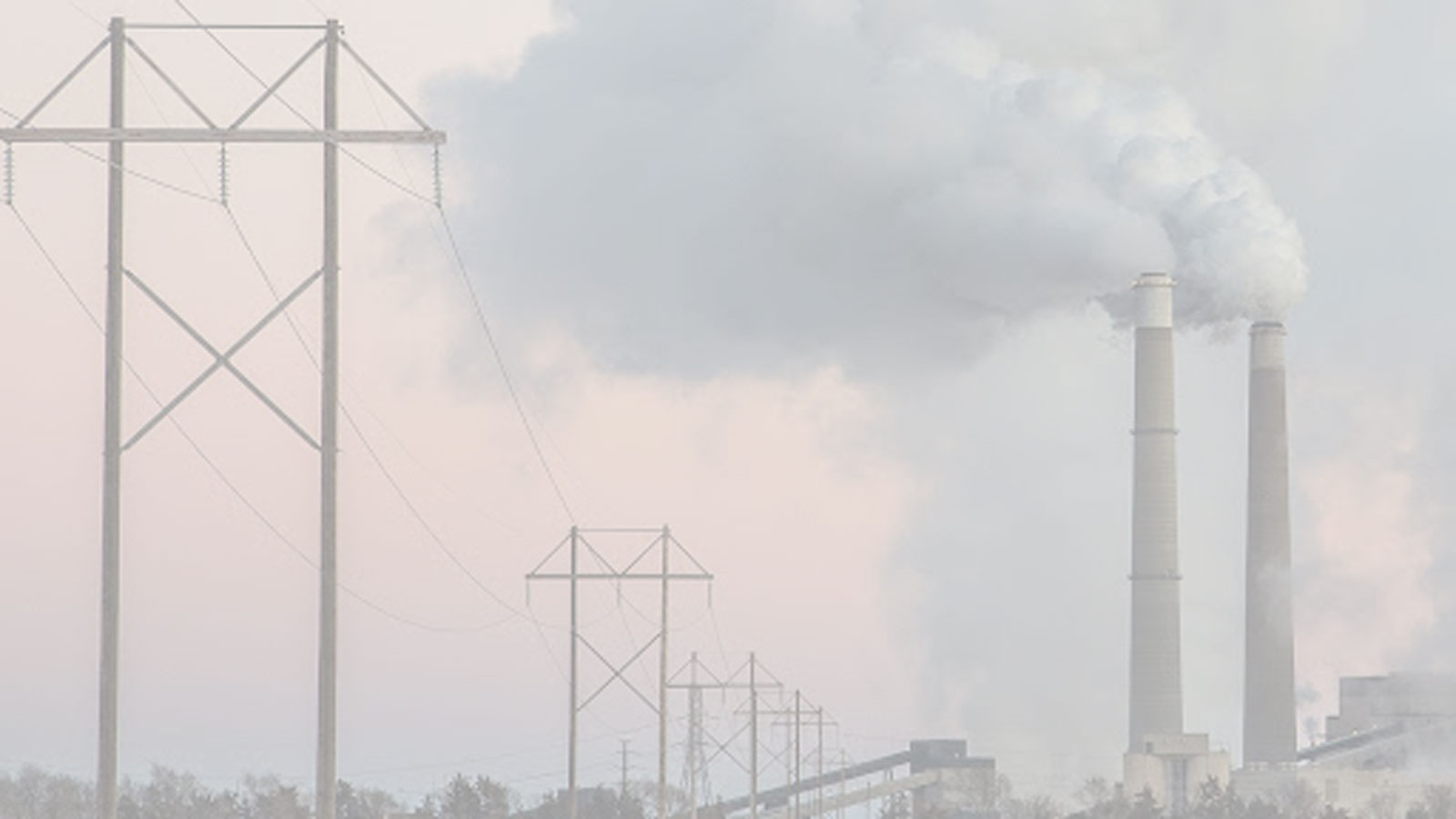
Maryland Needs “Climate Solutions”
Maryland’s reliance on polluting fuels puts our health and safety at risk. And if we don't act fast, ratepayers will trapped with the financial burden of ever increasing stranded costs for gas infrastructure.

Maryland’s reliance on polluting fuels puts our health and safety at risk. And if we don’t act fast, ratepayers will trapped with the financial burden of ever increasing stranded costs for gas infrastructure.
A healthy climate is key to a healthy and safe future for ourselves, our children and our grandchildren. That’s why Maryland PIRG is supporting efforts to make Maryland a leader in climate action.
Maryland legislators are debating important policies right now that will determine our state’s next steps on climate.
The “Climate Solutions” Act, SB528, and House companion bills HB708, HB806, and HB831 will dramatically reduce pollution that is harming health and the planet and accelerate our shift to electric buildings and away from dirty and dangerous fossil fuels.
We have to stop burning fossil fuels to power our homes, buildings, and transportation.
Together, these bills would mandate a 60% reduction in global warming pollution by no later than 2030. The bills would also require that all newly built homes and businesses have electric-only hot water and space heating systems and help shift our utilities away from fossil fuels.
Burning fossil fuels within our homes creates indoor air pollution, which contributes to the development of respiratory diseases, heart disease and cancer. In its annual report, the Maryland Commission on Climate Change recommended that 50 percent of space heating equipment sales be electric heat pumps by 2025. The commission also recommended that the Maryland Building Codes Administration require new construction to be all-electric for single-family homes by 2025, commercial buildings by 2026, and public buildings as soon as possible.
Last year, Maryland PIRG Foundation and Environment Maryland Research and Policy Center released Electric Buildings 2021: Repowering Homes and Businesses for Our Health and Environment, a report that delves into the latest advances in efficient electric technologies, which make going all-electric in buildings a win-win for consumers and the environment.
Pollution from fossil fuel powered buildings impacts the climate and the health of Maryland children and families: it’s dirty, it’s dangerous, and it’s puting our health at risk.
A 2019 study that looked at five major urban areas on the East Coast, including Baltimore, and found these urban areas emit more than twice the amount of methane previously estimated by the EPA, with most of these emissions coming from leaks of gas systems in homes and businesses, as opposed to natural sources or landfills.
Fossil fuels also pose a risk to our communities, as seemingly every year we hear of another explosion. The August 2020 explosion that leveled homes, killing 2 people in Northwest Baltimore, the August explosion in Columbia, Maryland that leveled a shopping center, the 2016 explosion in the Flower Branch explosion in Silver Spring Maryland that killed 7 people and left dozens hospitalized, and many other explosions big and small.
And, as Maryland shifts away from fossil fuels like gas to power our homes, ratepayers will be left to cover stranded gas infrastructure costs. The best way to avoid stranded investments is not to make those investments in the first place, which is why utility’s planning to decarbonize and setting these standards for new buildings is so important. Moving off gas and towards electrification as quickly as possible will help ratepayers.
Our state’s current reduction framework does not come close to accomplishing the recommended cuts in emissions that we need in order to mitigate the worst impacts of climate change.
This legislation puts us on the right track to achieve our climate goals by updating Maryland’s greenhouse gas reduction mandate to 60% by 2030 and net zero by 2045. Anything less ambitious than that simply will not be enough to combat climate change and protect Marylanders’ health and safety.
Join us and ask your legislators to support Climate Solutions.
Support Climate Solutions
Join Maryland PIRG and dozens of environmental and public health groups supporting the “Climate Solutions” Act, SB528, and House companion bills HB708, HB806, and HB831.

Topics
Authors
Emily Scarr
State Director, Maryland PIRG; Director, Stop Toxic PFAS Campaign, PIRG
Emily directs strategy, organizational development, research, communications and legislative advocacy for Maryland PIRG. Emily has helped win small donor public financing in Baltimore City, Baltimore County, Howard County, Montgomery County, and Prince George's County. She has played a key role in establishing new state laws to to protect public health by restricting the use of antibiotics on Maryland farms, require testing for lead in school drinking water and restrict the use of toxic flame retardant and PFAS chemicals. Emily also serves on the Executive Committees of the Maryland Fair Elections Coalition and the Maryland Campaign to Keep Antibiotics Working. Emily lives in Baltimore City with her husband, kids, and dog.
Find Out More

Expired: How date labels drive food waste and hunger

The EmPOWER Maryland Energy Efficiency Act needs an update

Lawn care goes electric

